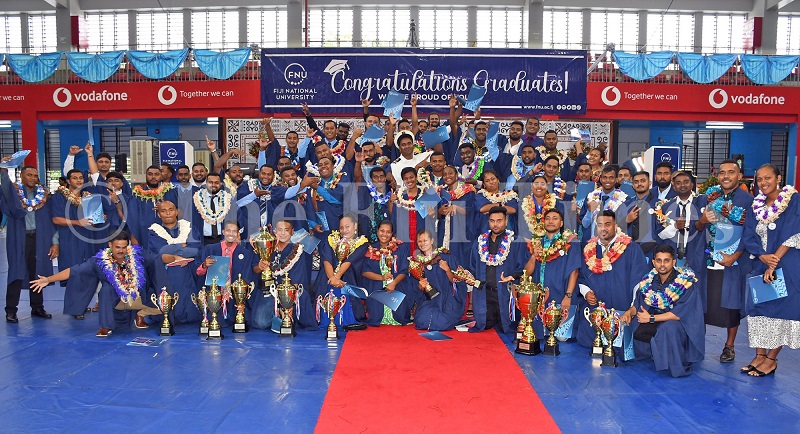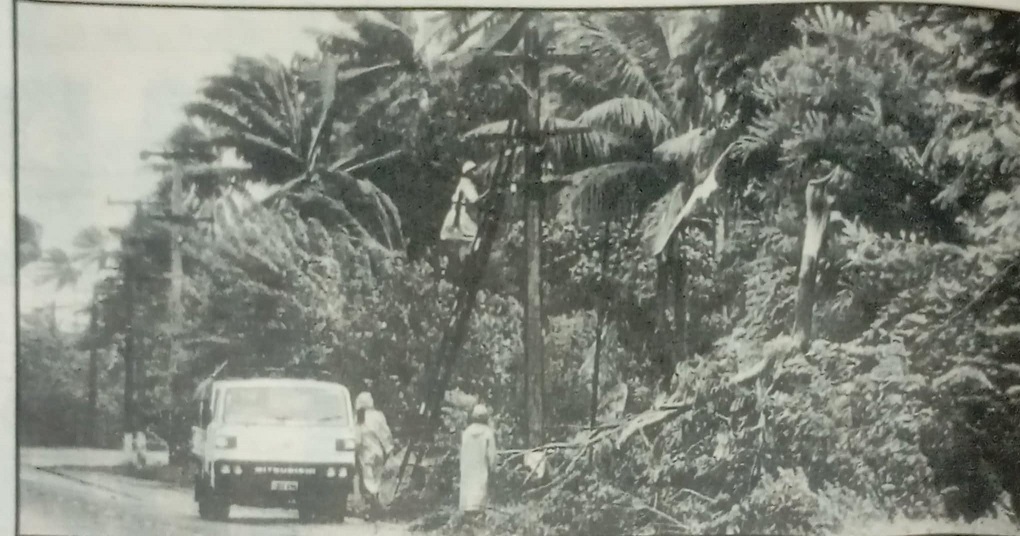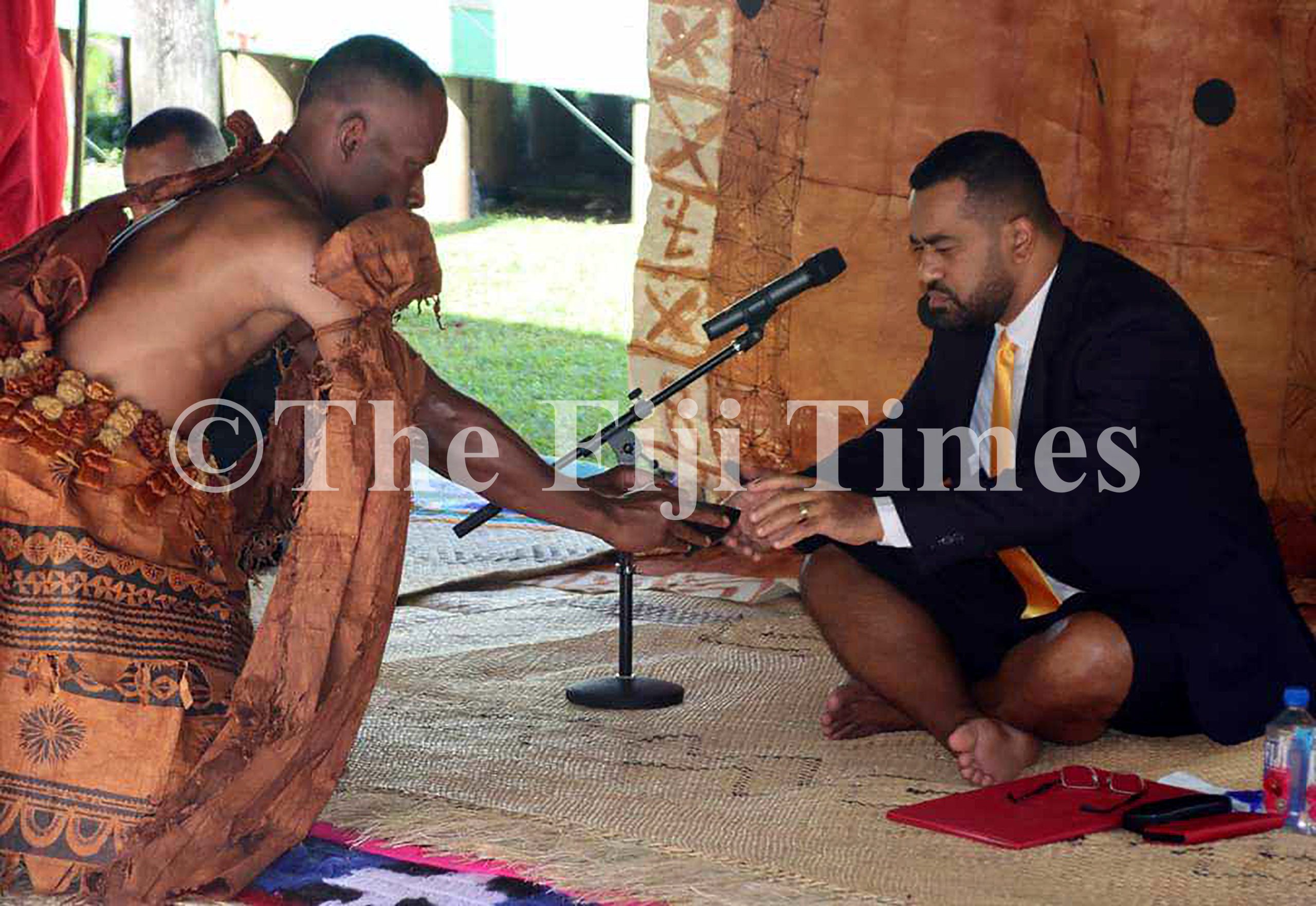My last two articles highlighted the need to reorganise government structures and their departments to become malleable, and the disciplines in education institutions including especially schools, to integrate subjects and their contents by incorporating alternative knowledges. Such a change would improve learning for many non-Western students and be a key to resolving certain global issues. For example, a collaborative effort is needed between the ministries of Health, iTaukei Affairs and Education to formulate an evidence-based FLE school curriculum, and also a corresponding adult program especially for rural communities. This example of dismantling siloed structures, programs and thinking to allow melding is discussed below. In my first article, I argued that the ‘missing link’ in the agreement between the MoE and the UNFPA on the teaching of FLE is the inclusion of community participation. Community participation is a requirement in the UNDRIP (Articles 18-23) relating to clusters of rights including languages, participation, consultation and consent, and recognition of identity.
In 2011, I conducted a study in rural villages, cities such as Suva and Lautoka on adults’ views and understanding of FLE issues, especially on sensitive topics such as the use of contraception, sexual diversity and children’s rights to information. Ninety-four per cent agreed that FLE should be taught in schools and homes (parents’ support with homework). I observed the lack of a platform in villages where sex education issues could be addressed. Parents, especially mothers, expressed their concern that there is no avenue to discuss such a sensitive topic. I also noted the absence of men in the meeting although they were informed about it.
There were strong views against the use of explicit terms and teaching FLE (sensitive) content between the ages of 11 and 13. This is also the age when the iTaukei community traditionally begin to educate their adolescent children on information and rituals about menarche and circumcision. The whole community participates. These two events in the education of pre-pubescent youths in traditional and in contemporary situations, are similar in terms of information given to pre-adolescent youths. The objective is to prepare them for their future. Children have the right to information that will help them plan, protect their health and welfare and build their confidence in making wise decisions. This should be supported by programs for parents who should be in a position to reinforce what is taught in the FLE curriculum. Both FLE programs and school curriculum must be based on evidence from research studies to impress on participants the dilemma faced by our communities.
The UNDP Report in 2020, Wadan Narsey (2020 Op Ed) and UNICEF Pacific in 2013 reported that the adolescent birthing rate for the previous 10 years or so continued to increase. In fact, in the UNDP Human Development Report of 2020, Fiji’s adolescent birthing rate is as high as 49.4 per cent, compared to Samoa 23.9 per cent, and East Asia and the Pacific in general 22.1 per cent. That big gap between Fiji and other countries, in my view, reflects the length of time FLE was not taught in Fiji’s classrooms due to strong resistance from parents, faith-based organisations, teachers and teachers’ unions. They objected to teaching explicit terms and the age (11-13) at which FLE is taught. Studies conducted on sex education all point to the need to introduce it at the pre-adolescent age before youths become sexually active. This cohort in traditional Fijian society were educated on pubescent physical development and participated in the rituals of menarche and circumcision to prepare them for their future lives. If our ancestors were able to see the relevance and significance of pubescent information being shared with their children at that age, why can’t we? That information equips and protects them from making decisions that could ruin their future.
The FLE content should also accord with the changing landscape of today’s complex world. This changing landscape calls for the alignment of the curriculum and adult education programs to the needs of both pupils and parents. To refuse students the information needed to protect their future means we are failing in our responsibilities as adults and being fair on our youths. Should we be surprised at Fiji’s rapidly rising adolescent birthing rate? The removal of the FLE curriculum from the MoE website, and the failure to teach the subject, and indeed teachers’ reluctance to teach it, is like an ostrich burying its head in the sand.
A culturally relevant curriculum
FLE is a subject that covers topics and themes concerning physical, mental, emotional, psycho-social, moral and cultural aspects of growing up. These should be addressed and explored whether in the classroom or informal settings. Over a decade ago, an attempt to raise community awareness on FLE issues by the ministries of Health and iTaukei Affairs failed to get off the ground perhaps primarily because the education ministry was not involved. A multidimensional approach such as teaching FLE in schools and introducing a corresponding program for the community, would have strengthened our social system and safety net. We must learn from our failure to educate the community and teaching FLE in schools.
The FLE school curriculum certainly needs a review. This should also include integration. The discussion below is general and refers to no particular age group or class level. Instead of teaching discreet topics, concepts could be integrated into each lesson where each fits the overall theme such as yalomatua, wise decision-maker. Integrating iTaukei values and cultural referents in each lesson should help build positive character development. Cultural referents to embed in the FLE curriculum could include lomakasa (intelligence based on considered views), vatavatairalago (circumspection), veinanumi (share and care), ilovi-iko (self-reflexive), itavi (responsibility) and more, with a practical teaching approach to reinforce the theme.
Homework should involve parents. Mothers can consult together as a group, especially in rural villages, if reinforcement of ideas/values is needed. A good idea would be to involve support from the Soqosoqo Vakamarama, NGOs, expertise from health professions and teachers. Men must also be closely involved with their sons to bond and be a role model. The certainty of their roles in the old days was clear. Now this needs reinforcement.
A concerted effort by the three ministries, Education, Health and iTaukei Affairs will ensure an integrated holistic curriculum. If parents disagree with the FLE curriculum content, they should be free to withdraw their child from attending the class. However, if there is a substantial parental opposition to the FLE curriculum, the three ministries should continue to work together to strengthen the program of adult education on FLE.
- ETA VARANI is a regular contributor to this newspaper. The views expressed are hers and do not necessarily reflect those of this newspaper.





